All Global Research articles can be read in 51 languages by activating the “Translate Website” drop down menu on the top banner of our home page (Desktop version).
To receive Global Research’s Daily Newsletter (selected articles), click here.
Visit and follow us on Instagram, Twitter and Facebook. Feel free to repost and share widely Global Research articles.
First published by Global Research on June 13, 2022
***
“Those of us who do understand the nefariousness of the empire, and the ever-increasing danger it represents, must be clear that the effective defense of life on planet Earth, including that of the human species itself, inexorably demands the existence of an independent and democratic world forum for a genuine and effective defense of the rights of Mother Earth and of humanity. That is why we insist, repeat and say time and again that the United Nations as it exists today is useless, inoperative, dysfunctional and an instrument of the empire. That is why it no longer enjoys any confidence or credibility whatsoever.
This situation is so serious that we can say, without fear of being wrong, that if the UN does not change radically, if we do not reinvent it, it will soon disappear. … [and] if we let the UN die, it will be almost impossible to create it again. We must wrest it from those who have usurped it so that we, the truly concerned for the future of the Earth, can inject new life, relevance and effectiveness into our world Organization.”
– Miguel d’Escoto Brockmann. M.M. [1], Managua, 28 February 2011
Now, more than at any time since its founding 76 years ago, the United Nations is in danger of disappearing.
Today the battle lines are being drawn between those who believe in the need for a universal organization, those who advocate an inclusive international system, based on the rule of law in relations between states and benefiting all, and those who seek to fragment the world into blocs, where a privileged warmongering alliance of nations, with like-minded values, i.e. the Club of so-called “democracies”, reserve the right of entry to their circle of elites under the supreme command of the United States of America. This Atlanticist project has been decades in the making, but has, so far, met with no formidable resistance.
As always, this struggle comes enveloped in a pervasive and sophisticated marketing campaign that would have us believe that it is they, the Atlanticists, the “reluctant defenders” of Democracy who are the champions of national sovereignty and the self-determination of peoples, currently under threat from expansionist and “anti-democratic” authoritarian regimes intent on restoring their lost imperial hegemony.
In this Orwellian language, the good guys are actually the bad guys who are forced to resort to “illegal but legitimate wars” to “save the world and free markets” (… one must never forget the markets).
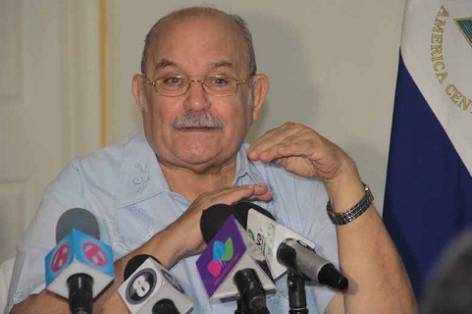 Few understood the nature of the American Empire better than our own Padre Miguel d’Escoto Brockmann, or have worked as hard to restrain “the apocalyptic beast”.
Few understood the nature of the American Empire better than our own Padre Miguel d’Escoto Brockmann, or have worked as hard to restrain “the apocalyptic beast”.
In April 2011, barely 20 months after concluding his tenure as president of the General Assembly, Father Miguel d’Escoto launched his ambitious Proposal for Reinventing the U.N.
Considered his magnum opus, it is the culmination of his life’s work as a revolutionary, diplomat, statesman, activist and, ultimately, as a priest and follower of Jesus of Nazareth.
The Proposal draws on more than four decades in the international arena, and in particular, it has its roots in the unsuccessful efforts to compel the United States to comply with the historic ruling of the International Court of Justice in 1986.
As Nicaraguans, we rightly take great pride for having the courage to file a lawsuit against the United States as an aggressor before the International Court of Justice, which rendered the strongest ever condemnation of the policy of any country in the history of world justice. But it would be a mistake to think that this ruling marked a higher trend in international law. Much has happened since the famous 1986 ruling to erode and weaken international law. Unfortunately for Nicaragua, that discouraging trend began with the complicity of its own government under Violeta Chamorro.[2] Padre Miguel was well aware of this discouraging trend.
In his essay “Unmasking the Empire” (2004), written a year after the criminal U.S. invasion of Iraq[3], he wrote:
“In April 1984, when Nicaragua filed its suit in The Hague against the United States for the war that they had imposed upon us, what most motivated us to take that bold step was the conviction that somebody had to take the bull by the horns and do something forceful in defense of international law.
… [Today some states] are less and less inclined to act through international institutions such as the United Nations, to work cooperatively with other nations to achieve common goals, and are more skeptical of international law and more willing to operate outside its boundaries when they deem it necessary or, simply, ‘useful’.”
Certain that this trend would only become more pronounced in the future, Father urged the Member states to defend themselves, and also to educate the American people to join us as allies in the struggle for peace:
“Their offensive is multifaceted and, therefore, our defense must also be not only in the economic sphere, but also in the ideological, legal and United Nations spheres. In the struggle so that the American people wake up and understand the nefariousness of the behavior of their leaders, our denunciations of Washington’s violations of international law, of our self-determination and of the United Nations Charter itself may be more understandable to them and, therefore, more useful for advancing our cause. With dedication, imagination and coordination between us, we will win, for, we must never doubt, the truth is stronger than lies.”[4]
Gifted in the art of language and images, and as a priest, he exclaimed:
“Clearly, the Apocalyptic Beast is no longer just a horrendous biblical image.”[5]
The United Nations not only failed to prevent or stop the wars of aggression against Afghanistan and Iraq, but eventually joined them. And so on with Syria, Yemen, and elsewhere. The UN deployed humanitarian missions and post-conflict missions turning themselves into nothing more than the glorified janitor of the United States and the Western powers.
When I started writing this article, I intended to develop the somewhat in vogue subject of Security Council reform. But it seems out of place to be discussing the institutional arrangements contained in Father Miguel’s Proposal for Reinventing the UN when war is taking hold in Ukraine, NATO is gaining spine-chilling momentum and, above all, when the very consensus on which the United Nations was built no longer exists.
Surely what is most important, what weighs most heavily in the world right now is not the differences between Latin America and the United States. The battle today is between those who do NOT want a world Organization and those of us who DO.
On the opposing side are those who have opted for the division of the world into blocs, for the “New Order” as they call it, that is, the United States and its clique. This is, at the end of the day, what is behind the so-called ‘Summit of the Americas’ which, as we all know, is nothing more than a meeting of the pro-US “Club”, a meeting of a superpower with those States that swoon before it.
So, this is where we find ourselves. Consequently, the Proposal for Reinventing the UN, which continues to be innovative and revolutionary, must be viewed in the context of today’s world, [eleven years on], as surely Father Miguel would urge us to do if he were here.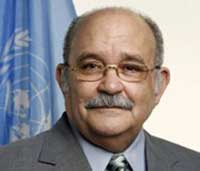
At this moment, the issue of the Security Council reform is not the priority. The priority is to know whether the authority of the United Nations is actually going to be accepted in practice–in real life. What is the use of discussing reforms to the Security Council or the General Assembly… if the consensus with which the UN was created has disappeared? What is the use of the UN if what currently defines the world is the exercise of force and the threat of the use of force? What good is it to talk about reforming the Security Council when, even if there were 120 members on the Council, at the end of the day it is the great powers (the P-3, and the P-5) who will impose their will, either with the use of the ‘formal veto’ that now exists or with the ‘veto of force’ as the United States did in the invasion of Iraq.
At this juncture in which we find ourselves, I believe it is up to us as a Center,[6] as Nicaraguans, as revolutionaries and as citizens of the world, to take up this great challenge of Padre Miguel to fight with everything we have, to defend the existence of a world international forum, based on the rule of law, and to re-found our only universal Organization into one dedicated to the defense of Mother Earth and of humanity.
It’s now or never.
It is worth asking, how did we get here? So, let’s examine some inputs for our analysis, including factors that influenced Padre Miguel’s actions and Proposal and its continued relevance.
The presidency of the 63rd session of the General Assembly
When Father Miguel d’Escoto assumed office, he had an ambitious plan to democratize the United Nations. Three unforeseen events were to interrupt his agenda and take on special importance during his brief presidency.
The first big event, which would prove to be the most lasting, was the collapse of Lehman Brothers on 15 September 2008, which initiated a profound worldwide financial and economic crisis. Although the crisis interrupted his hefty agenda, the PGA-63[7] saw in it a historic opportunity to position the General Assembly at the center of a global conversation of vital importance.
He worked frenetically to obtain a mandate to hold a summit, and once he succeeded, he moved to establish a Panel of Experts of the President of the 63rd General Assembly, chaired by the Nobel laureate, economist Joseph Stiglitz, to assist Member States in formulating far-reaching responses to the crisis. The Conference, to be held in the Spring of 2009, would be presided over by the President of the General Assembly and entailed a gigantic effort and coordination on the part of Fr. Miguel and his Cabinet.
The PGA-63 traveled to Venezuela, Finland, Syria, China, Switzerland and Iran to enlist support. While the Outcome Document is widely regarded as one of the most far-reaching documents to come out of the UN in decades, the lack of high-level delegations, particularly from the ALBA countries (only President Rafael Correa of Ecuador attended the Conference)[8], was indicative of the low esteem in which Member States hold the Organization. Seeing such low expectations pained the President tremendously. Nor could he shake off the feeling that somehow “we had missed the boat”.
The second event occurred on 27 December when Israel began what it called “Operation Cast Lead,” an attack by Israeli forces on the Gaza Strip by land, sea and air preceded by massive shelling that immediately caused dozens of civilian casualties. The inaction of the Security Council, with its hands tied by the US, and unbelievably by the Palestinian delegation itself, was revealing and showed the priest the degree of putrefaction that existed within the Organization. Padre Miguel galvanized the Assembly to take action on the issue, but again, with unsatisfactory results.
The final major event, the coup d’état against President José Manuel Zelaya in Honduras, occurred on 28 June, before the Summit on the World Financial and Economic Crisis and its Impact on Development had even ended. Despite the unanimous approval of a resolution calling for the immediate restoration of the legitimate president, very little actually changed on the ground. However, the peoples of the world followed live on TeleSur as Manuel Zelaya attempted to return to Tegucigalpa in a very small aircraft. Seated next to him was the president of the 63rd session of the General Assembly.
Even with his limited results, Padre Miguel was able to face world events with courage and leadership, pushing the General Assembly to a level of activism rarely seen in recent years. He was well aware that time would be short, but he wanted to give the Member States, and the world, a small glimpse of what a proactive and reinvigorated General Assembly might look like.
In his closing speech he stated….
“During this year as President of the General Assembly, I have come to the conclusion that the time has already passed for reforming or mending our Organization. What we need to do is to reinvent it, and we need urgently to do it ad majorem gloriam Dei, which is to say, for the good of the Earth and of humanity.”
…[T]here is a need to proceed to translate this shared vision into a draft of a new Charter of the United Nations, in tune with the needs and knowledge of the 21st century.”
NATO
It is impossible to review the history of the United Nations in the 21st century without also reviewing the history of NATO; they are inextricably intertwined.
As a quick reminder, NATO was formed in 1949 with twelve founding members, and has added new members eight times, the first additions being Greece and Turkey in 1952. In May 1955, West Germany joined NATO, prompting the Soviet Union to form its own collective security alliance, known as the Warsaw Pact.
In 1990, the Soviet Union and NATO reached an agreement under which a reunified Germany would join NATO within the framework of West Germany’s pre-existing membership. The United States, for its part, undertook a (verbal) commitment not to extend the Alliance “one inch to the East”.
The dissolution of the Soviet Union in 1991, and with it the disintegration of the Warsaw Pact, called into question the need for the North Atlantic Alliance. The hope was, with the end of the Cold War, the world would enjoy the long-awaited ‘peace dividend’ that would foster better relations based on friendship and cooperation among all Europeans. Within the framework of the European Union talk began of forming a European army, which the United States saw as an impediment to the projection of its post-Cold War influence.
In 1996, Clinton called for the former Warsaw Pact countries and post-Soviet republics to join NATO, making NATO enlargement an official component of U.S. foreign policy. In an open letter to U.S. President Bill Clinton, more than forty foreign policy experts, including Bill Bradley, Sam Nunn, Gary Hart, Paul Nitze and Robert McNamara, expressed their concerns about NATO expansion as costly and unnecessary, given the absence of an external threat from Russia at the time.[9]
Poland, Hungary and the Czech Republic became NATO members in 1999, which generated much debate within NATO itself and opposition from Russia. Since then, 14 other countries have joined NATO. There are a number of ways to partner with NATO, within programs such as ‘Partners for Peace’, ‘Global Partners’, etc. At the 2008 Budapest Summit, NATO Allies “welcomed the Euro-Atlantic aspirations of Ukraine and Georgia”, seen by several political analysts as a blatant provocation of the Russian Federation.
Russia was especially concerned about the subsequent admission of three of the Baltic States, and has consistently opposed NATO expansion. As of February 2022, NATO has a total of 30 members, but there is talk (following the Russian operation in Ukraine) of expediting the incorporation of Finland and Sweden, both Partners for Peace, and even Ukraine. All of them participate in interoperability exercises with NATO and have access to state-of-the-art armaments thanks to their partnership. There is now even talk of extending the Alliance to Latin America and Asia.
His certainty that NATO was, de facto, replacing the role of the UN in its role as guarantor for the maintenance of international peace and security led Father Miguel, during his last years, to translate and publish two books.
 The first, written by political scientist-journalist Mahdi Darius Nazemroaya, the priest aptly retitled – NATO: The Globalization of Terror[10], which was released in Spanish in 2015; and the second, written by economist-geopolitical expert Dr. Michel Chossudovsky entitled – Globalization of War: America’s “Long War” against Humanity[11], came out in Spanish in 2016.
The first, written by political scientist-journalist Mahdi Darius Nazemroaya, the priest aptly retitled – NATO: The Globalization of Terror[10], which was released in Spanish in 2015; and the second, written by economist-geopolitical expert Dr. Michel Chossudovsky entitled – Globalization of War: America’s “Long War” against Humanity[11], came out in Spanish in 2016.
Because of the importance Fr. Miguel attached to each book, he asked Atilio A. Boron from Argentina and Ricardo Alarcón from Cuba to write the respective forewords to the Spanish editions.
As Nazemroaya correctly argues, “the dismantling of the Socialist Federal Republic of Yugoslavia was an important step in opening the door to an eastward expansion of NATO and the European Union. It opened the way for the march towards the borders of Russia and the former Soviet Union. The former Yugoslavia was also a fundamental obstacle to a Euro-Atlantic project of NATO and the EU in Europe. Moreover, NATO’s war in Yugoslavia made it possible to prepare the logistics of the wars in Afghanistan and Iraq. [Interview by Silvia Cattori of Mahdi Darius Nazemroaya, 2013.]
As Father Miguel observed:
“The most astute minds in international relations agree that NATO, the “North Atlantic Terrorist Organization”, is the U.S. alternative to the United Nations. If through idleness, abulia or whatever, we do not hurry to approve a sensible alternative that frees the United Nations and the world from the imperial clutches and guarantees peace, life, solidarity and complementarity, NATO will end up being imposed as the “de facto” alternative to the UN. The irony is that those responsible for that happening, should it come to pass, would be precisely those who claim not to want that to happen.”[12]
It was through Mahdi Darius Nazemroaya that we learned that in September 2008, Ban Ki-moon secretly negotiated and signed a cooperation agreement with NATO. “Russian Foreign Minister Sergei Lavrov would express shock and the Kremlin would be angered by Ban Ki-moon’s collusion. R2P would be central to the cooperation agreement between NATO and the UN Secretariat. NATO’s “humanitarian intervention” was moved to a global level through the cover of a possible military intervention under the UN flag.” Such an agreement was never discussed or authorized by the Member States, but was listed on the NATO website. And so, the groundwork was laid for the upcoming intervention in Libya.
The US and its European accomplices have developed a series of procedural and institutional obstacles, along with political and economic coercion, to prevent the adoption of necessary institutional reforms within the UN. This inflexible attitude contrasts sharply with NATO’s persistent renewal. Resources are never lacking for strategic updating, geopolitical analysis and institutional restructuring, just as they are never lacking for equipment, military exercises or coordination meetings to further consolidate its hegemonic military expansion.
According to the NATO website, “UN Security Council resolutions have provided the mandate for NATO operations in the Balkans and Afghanistan, and the framework for NATO’s training mission in Iraq.”
The war against Libya – “I came, I saw, he died.” [Hilary Clinton’s words]
In February 2011, while Fr. Miguel was putting the final touches to his Proposal, the United States, France and the United Kingdom were busy setting the stage to launch their war against Libya. Already in December the Obama administration had conducted its so-called “War games”, its rehearsal for a full-scale war against Libya. In less than two months the first reports began emerging about citizen uprisings in various parts of eastern Libya, thereby generating the necessary conditions for humanitarian intervention, the famous R2P, “to save the lives of civilians.”
The politically savvy priest carefully studied each of President Obama’s statements. It was particularly disconcerting for the veteran Sandinista to observe the complicity of Secretary General Ban Ki-moon in the U.S.’s maneuverings to block the accreditation and entry of Libyan diplomats to UN headquarters in New York.
Skilled in communications, Fr. Miguel was also sensitive to media spin. He understood how important it was to the US and its cohorts to ‘control the narrative’, in order to dupe or incite public opinion to support their military intervention. Fr. Miguel lost no time in addressing, himself, the media, generating indignation for denouncing the upcoming aggression.
The bombing of Libya, first by the United States, and later NATO, was something that the activist priest lived intensely. This experience, more than any other, convinced him that any genuine effort to transform our world Organization would have to be initiated outside the confines of the United Nations itself, away from the tentacles of the world’s warlords. At the same time, he was frustrated at how little resistance there was from the Member States.
Fr. Miguel wrote in the weeks preceding the US-NATO war operation:
“In the world today a great war in being unleashed and is in full swing against the most dispossessed, the billions of the poor, hungry, homeless, unhealthy, unemployed or out of school, but also against Arabs, Afro-descendants, Asians or Latin Americans who own oil, gas or strategic minerals.
Everything is aimed at the total and absolute control of the United States over the Earth.The empire has an open field. It moves without any effective resistance. The United Nations is no longer only dysfunctional and irrelevant to deter this imperialist aggression, we can already say that it has become an instrument of the empire. The main culprits are not so much the aggressors, as the timorous victims, who dare not organize to defend themselves as they should.”[13]
In prophetic words… Fr. Miguel stressed further:
“Both instances of regional coordination and cooperation, as well as those of global coordination and cooperation, are indispensable for the effective defense of life on Earth. I insist on this point so much because I am convinced that governments, even many of the most progressive, are not sufficiently convinced. The war by those who yearn for total and absolute planetary domination is more than declared and is advancing with a firmness and speed never before known. Either we begin to defend ourselves now or we will be crushed much sooner than we might suspect.”[14]
Mahdi Nazemroaya was one of the few truly independent journalists who covered the 2011 war in Libya in situ. We regularly followed his reporting in Global Research. Later in an extensive interview with Swiss journalist Silvia Cattori, he said:
“Hillary Clinton misled the Security Council on Libya where there was a vote to protect civilians in eastern Libya. And then France, the UK and the US took that and bombed the whole country. They bombed the Libyan army; they supported all the opposition forces in other places.
They completely forgot about Benghazi and started concentrating on Tripoli. They managed to overthrow the government that had cooperated with the West by disarming its nuclear capability. It is the only success story in disarming nuclear capability. And Libya had cooperated politically and had relations with Italy and France. But that didn’t matter. His government was overthrown and Muammar al Gadhafi was assassinated.”[15]
In the Foreword to the Spanish version of Nazemroaya’s book on NATO, Father Miguel, gives his own account:
“The global financial crisis covered up and facilitated the signing of a secret agreement, signed on 23 September 2008, between two Secretaries General, that of the UN and that of NATO. It was an agreement that affects the entire UN membership but which has never, then or now, been openly and transparently discussed in the General Assembly or the Security Council.
Since then, UN Secretary General Ban Ki-moon has gone to great lengths to confer legitimacy on NATO, the most aggressive and largest military bloc in the history of the world; despite the fact that its mandate is contrary to the purposes and principles of the UN Charter, thus undermining the very Organization that he has a sacred duty to respect and defend. I myself have witnessed this when I was sent by President Daniel Ortega in February and March 2011 to New York to contribute to the search for a peaceful resolution to the conflict in Libya. Ban Ki-moon, for his part, toured Western Europe pushing Member States to participate in NATO military action against Libya and was very influential in denying a UN Member State its right to be present at Security Council deliberations on events in its country, a right that the Charter confers even on non-member states.”[16]
Some Preliminary Conclusions
This brief essay is a modest first step to shed light and start a conversation on the imperative to take back the United Nations and turn it into an organization at the service of Humanity, of We the Peoples and for the defense of Mother Earth.
There are many other issues that must be addressed, including the impunity granted to the P-5 of the Security Council, but most especially to the United States of America in its “long-war against Humanity”. We must address the doctrines of perpetual war and pre-emptive war, including the infamous “R2P”, and which divert the world’s resources and supersede the peoples’ agenda; the multiple converging crises that threaten the extinction of our own human species and transcend human boundaries; how to ensure the maintenance of international peace and security in a mind-boggling world infinitely more complex than that of 1945; and how to make the UN a functional organization, capable of dealing effectively with the great challenges of the XXI century for Mother Earth and humanity?
The COP negotiations on climate change are undermined by the reluctance of certain industrialized States to commit to binding agreements, leaving the most vulnerable and least responsible for climate change to their fate.
All Member States share part of the blame, whether by omission or commission, for the current crisis in Ukraine. We are all at fault for failing to address head-on the root causes, for failing to bring into the forefront and challenge the ‘lawfulness’ of NATO, and demonstrate the threat it constitutes to international peace and security by its’ insatiable expansion. Ignoring the legitimate security concerns of any State, harms the security of all.
We must not be mere spectators, but protagonists and subjects in the struggle for justice, security and well-being for all. And we must recognize that our own security is intertwined with the security of others. The wise words of Benito Juarez remain true: respect for the rights of others is peace.
Father Miguel would undoubtedly be bringing these issues before different fora. The United Nations has held countless formal and informal meetings on ‘R2P’ and yet it has never held a single debate challenging the lawfulness of the NATO Alliance itself or its infringement on prerogatives of the Member States under the UN Charter; on the contrary, there are some who bump shoulders and elbows in their zeal to join, as ‘junior’ partners of the U.S., in the Alliance.
Father Miguel was a committed multilateralist and defender of the United Nations. He was never timid or cowardly. He knew that we are in for the fight of our lives, and in defense of life itself. This fight will take everything we have.
We must ask ourselves… How far we are willing to go to establish a universal Organization at the service of Mother Earth and of humanity? How far are we willing to go to defend the rule of law? How much are we willing to sacrifice to achieve it? The battle lines are being drawn.
It’s now or never.
*
Note to readers: Please click the share buttons above or below. Follow us on Instagram, Twitter and Facebook. Feel free to repost and share widely Global Research articles.
This article is based on an original essay published in Spanish by the CEDMEB in Semanario on the fifth anniversary of the passing of our namesake, Father Miguel d’Escoto Brockmann, on 8 June 2022.
Sofía M. Clark, Professor, political scientist and member of the collective of the Miguel d’Escoto Brockmann Center for Development Studies (known by its acronym in Spanish- CEDMEB) at the UNAN in Managua. She served as Deputy Chief of Staff during the presidency of Miguel d’Escoto Brockmann of the 63rd session of the UN General Assembly.
Notes
[1] Father Miguel d’Escoto, Foreign Minister of Nicaragua from 1979-1990, was president of the 63rd session of the United Nations General Assembly (2008-2009). He was also a Maryknoll priest known for his staunch commitment to creative nonviolence and liberation theology. This quote is taken from an Op-ed entitled “USA: The worst of all the crises that threaten our survival”, published in La Voz del Sandinismo on 28 February 2011, just weeks before the launch of the US-NATO war against Libya.
[2] On 7 September 1987, after unsuccessful attempts to arrive at a bilateral agreement with the United States on reparations, the Sandinista government conveyed its decision to the ICJ to seek the assistance of the Court in determining the amount of the reparations to be paid to Nicaragua by the U.S. The memorial of Nicaragua, contained in six thick volumes, was submitted on 29 March 1988. The proceedings were entering their final phase when Violeta Chamorro and the UNO coalition won the elections in 1990. The following year, on 12 September 1991, the Chamorro government sent a letter to the Court notifying them of its decision to withdraw the case, disregarding the advice of its own counsel to temporarily suspend the proceedings. Nicaragua’s right to reparations, after the 1986 ruling, was a national right pertaining to the people of Nicaragua. It is worth mentioning that after the August 1990 invasion and annexation of Kuwait by the Iraq, the UN Security Council pressed Iraq for war reparations to Kuwait, as well as indemnification for damages caused to “Third States”. [Zamora R., Augusto, El Conflicto Estados Unidos-Nicaragua 1979-1990 (Fondo Editorial CIRA; 1996). pp. 515-526.]
[3] Published in El Nuevo Diario on 20 July 2004.
[4] Ibid.
[5] Ibid.
[6] Miguel d’Escoto Brockmann Center for Development Studies, known by its acronym in Spanish—CEDMEB—at the UNAN-Managua.
[7] UN vernacular for President of the General Assembly.
[8] In the words of president Miguel d’Escoto… “On June 26, 2009, an extraordinary event occurred: the 192 Member States of the United Nations adopted by consensus a broad and exceptionally substantive statement on the World Financial and Economic Crisis and Its Impact on Development. The analysis and recommendations cover the gamut from short-term mitigation to deep structural change, from crisis response to reform of the global economic and financial architecture.” It should be mentioned that all 15 Heads of Government of the Caribbean Community (CARICOM) attended the World Conference and two of which, Saint Vincent and the Grenadines, and Antigua and Barbuda joined ALBA on the 24 of June 2009, the very day the Conference opened. The Commonwealth of Dominica has been a member of ALBA since 2004.
[9] Barnay, University of Texas (Austin), The Future of NATO Expansion: Four Case Studies (Cambridge University Press: 2003), pp. 16-18.
[10] Published originally in English under the title: The Globalization of NATO (Clarity Press, Atlanta: 2012).
[11] Published originally in English by Global Research, in Montréal, Quebec in 2015.
[12] Foreword by Miguel d’Escoto to the 2015 Spanish edition of the book by Mahdi D. Nazemroaya, OTAN: La globalización del Terror.
[13] La Voz del Sandinismo el 28 febrero 2011.
[14] Ibid.
[15] https://l-hora.org/en/interview-with-mahdi-darius-nazemroaya-nato-only-yields-destructions-insecurity-and-misery-it-must-be-abolished-silvia-cattori-03-19-2013/ y
https://www.globalresearch.ca/the-globalization-of-military-power-nato-expansion/5677
[16] Nazemroaya, 2015 (Spanish version).
Featured image is from edgarwinkler / Pixabay
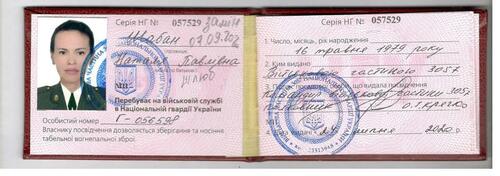
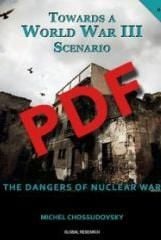
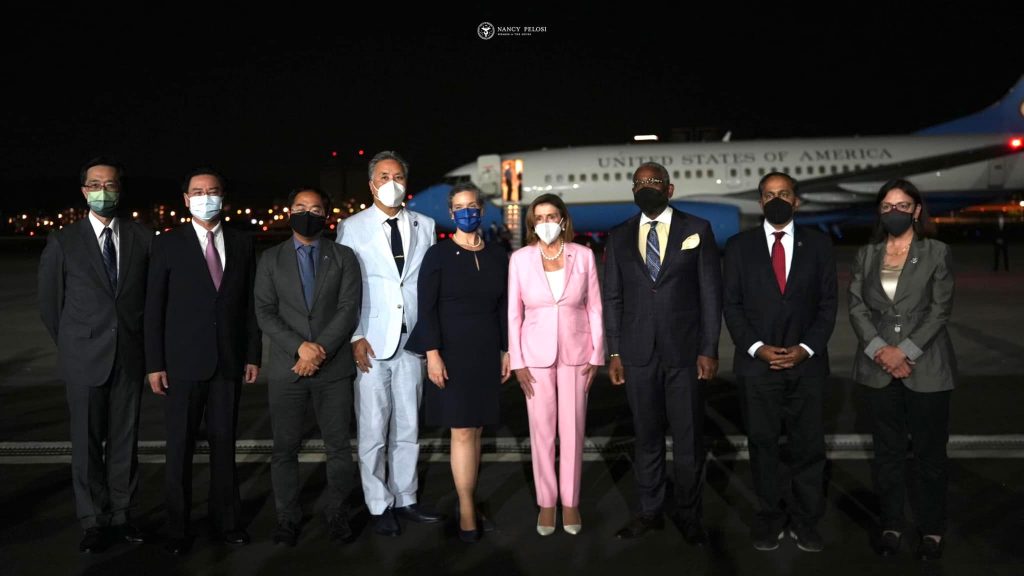
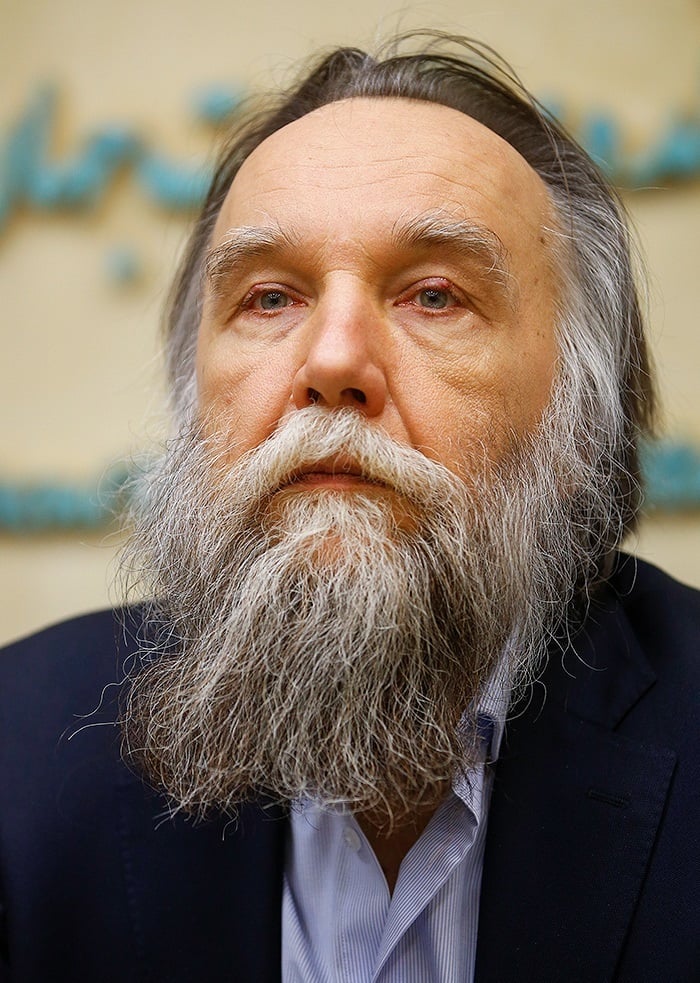
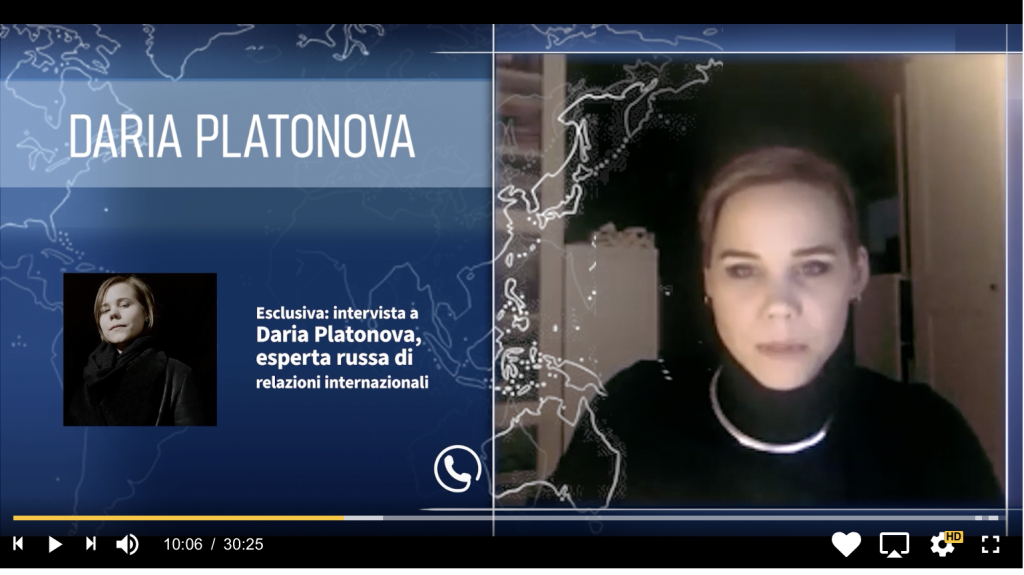

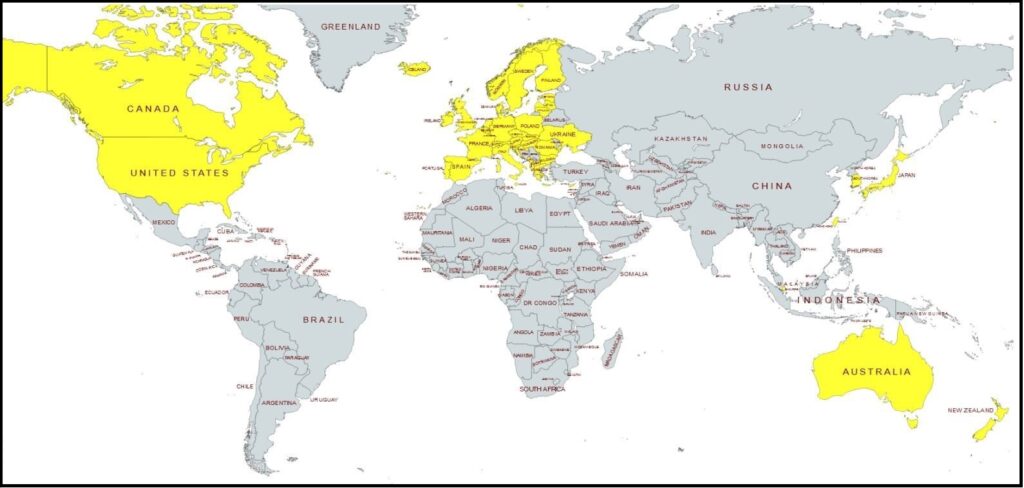
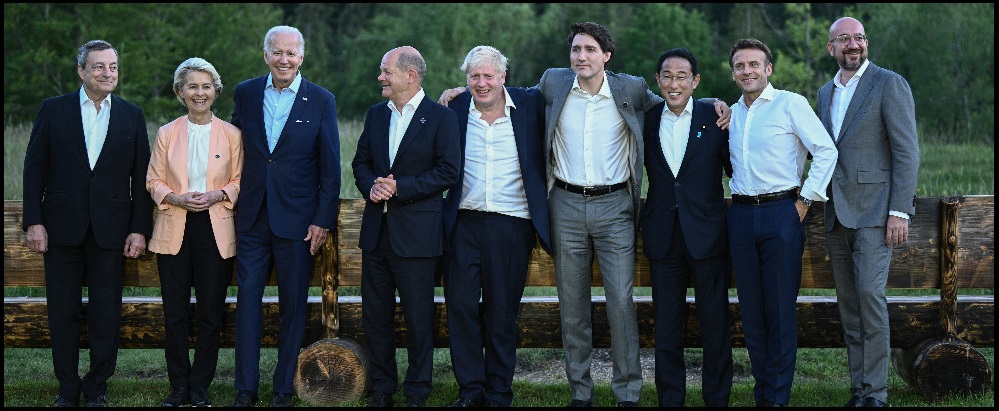








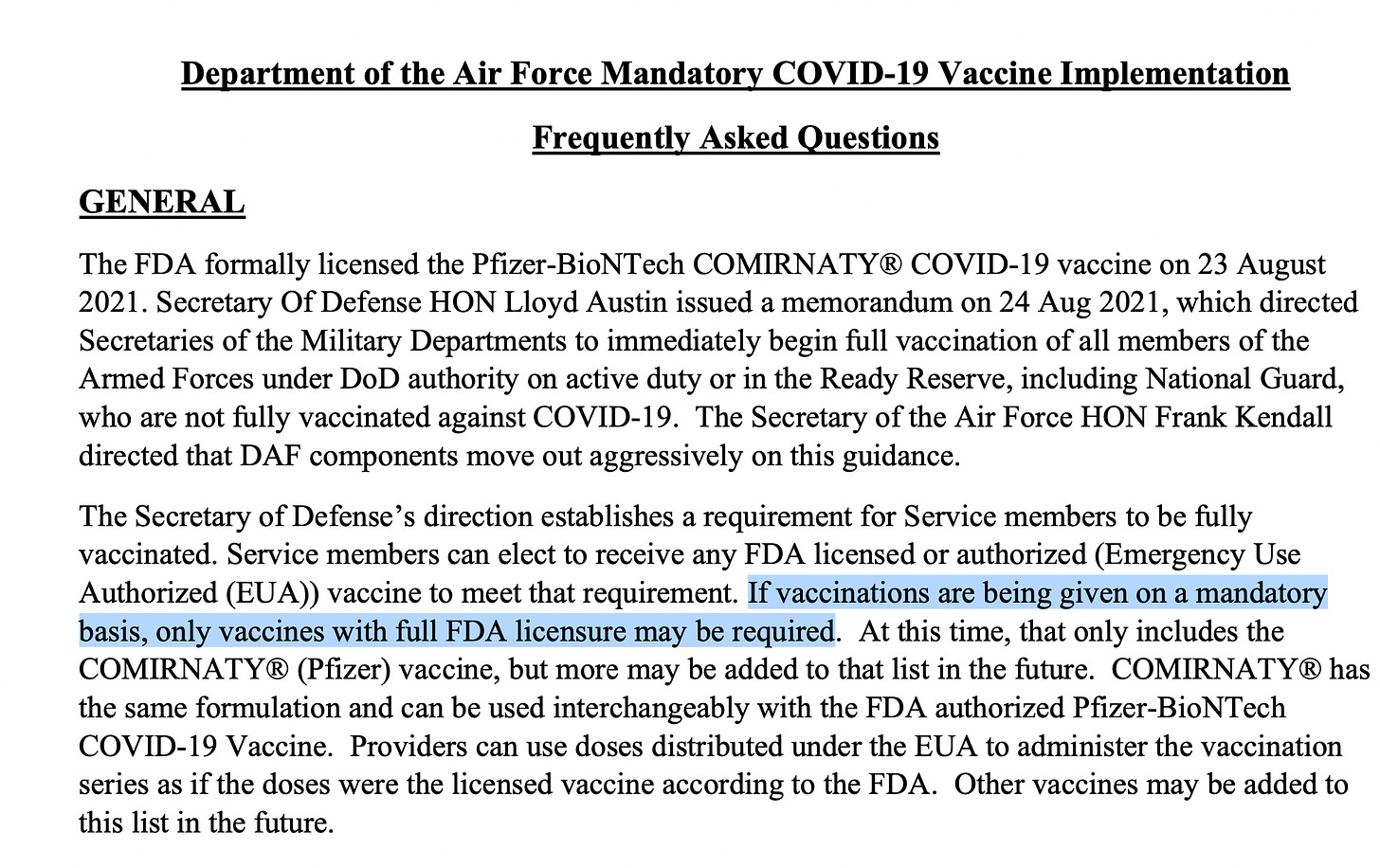
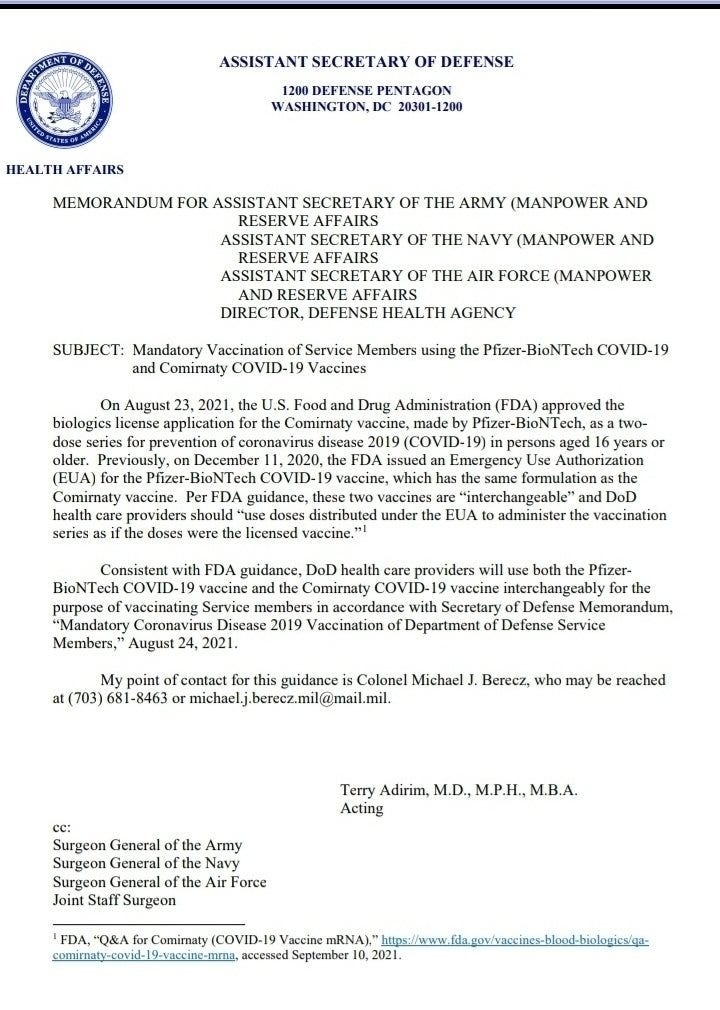

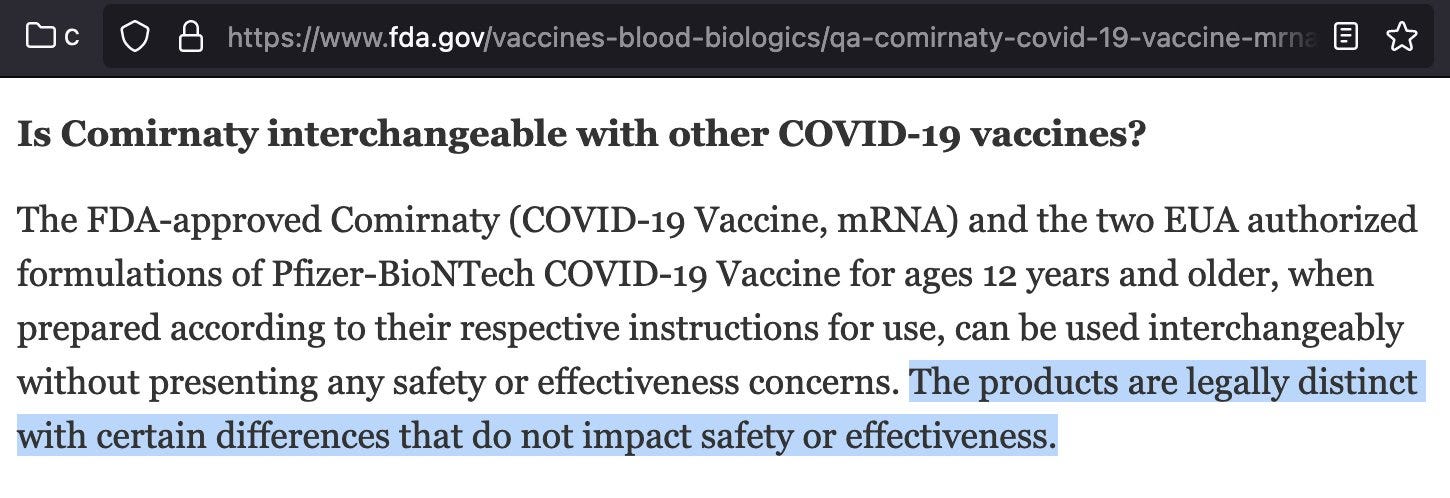
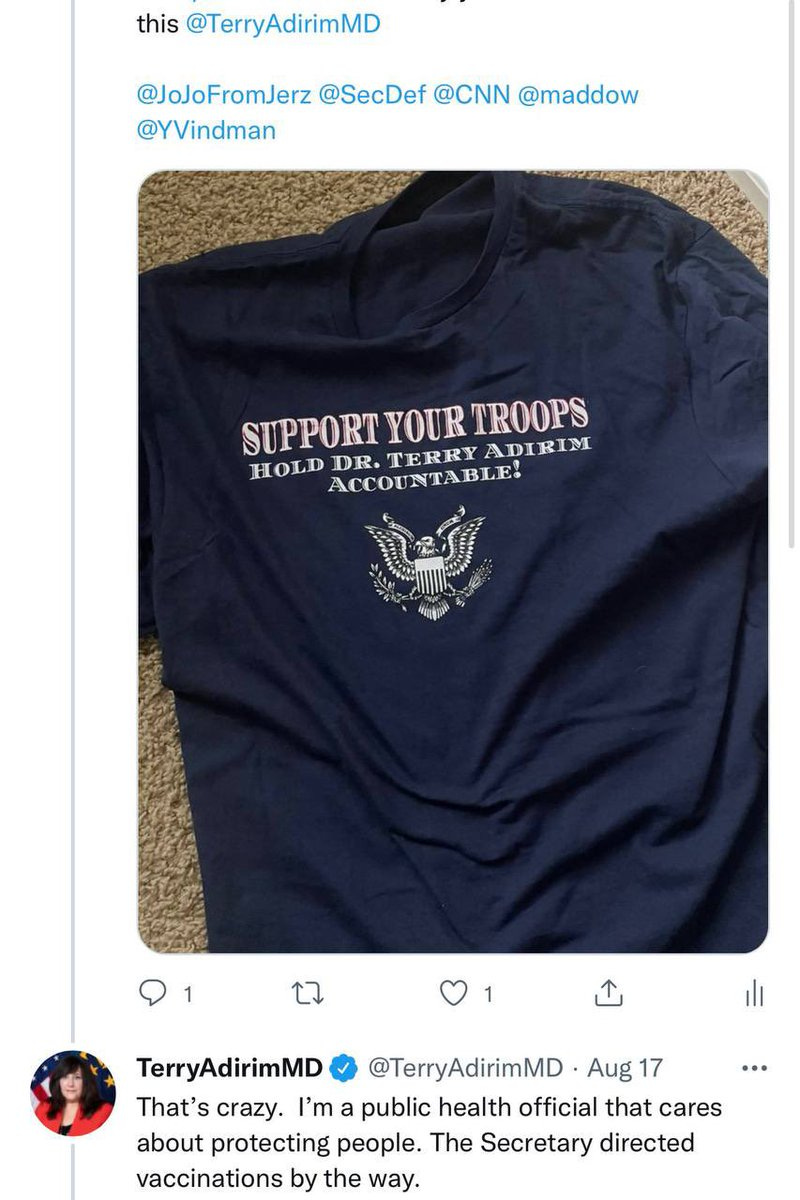













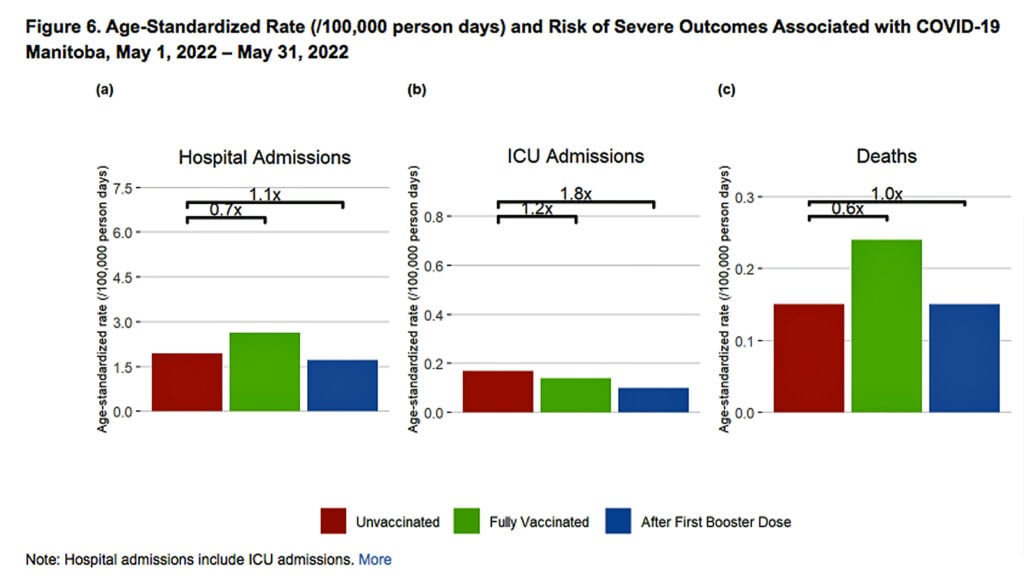
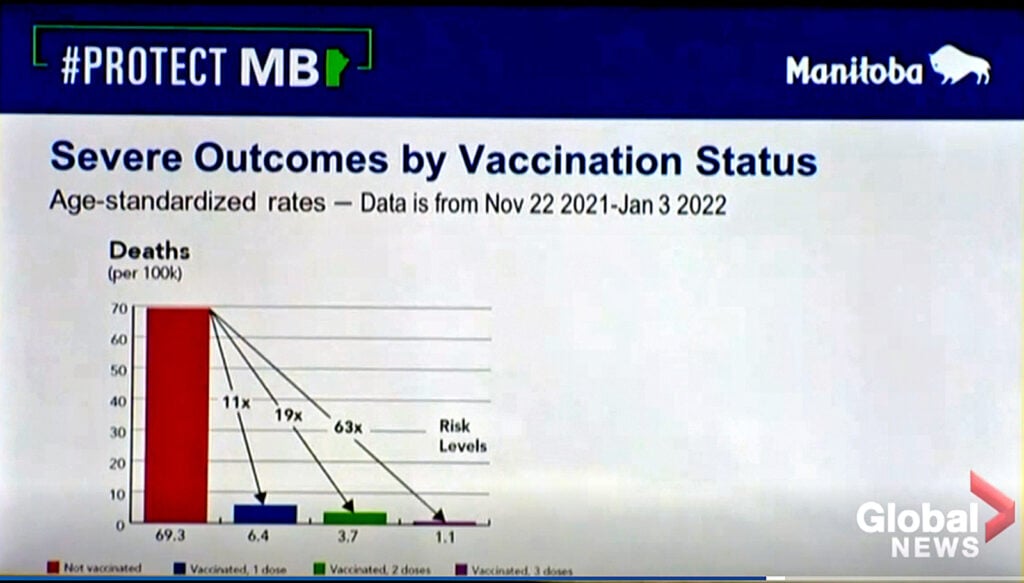
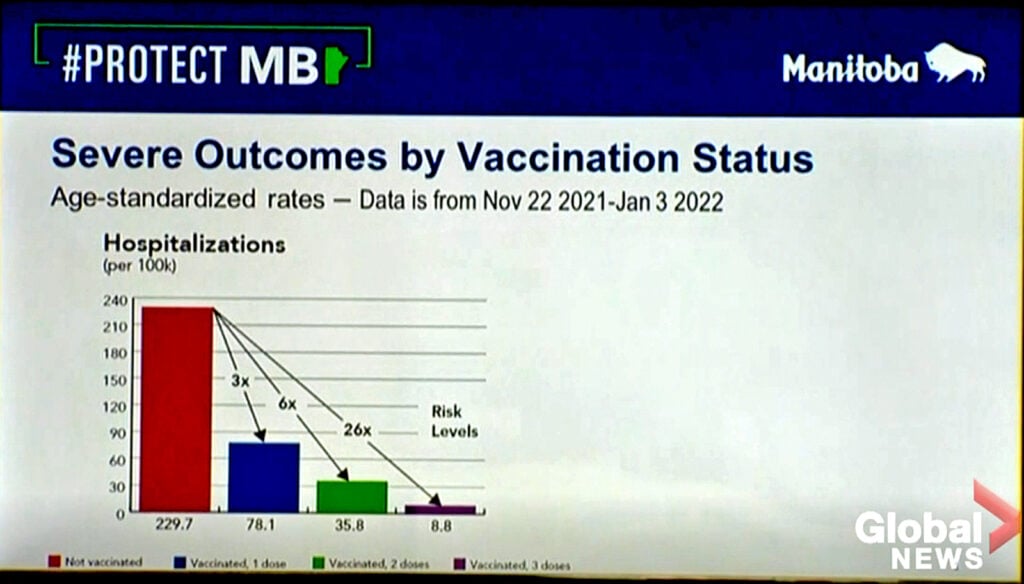
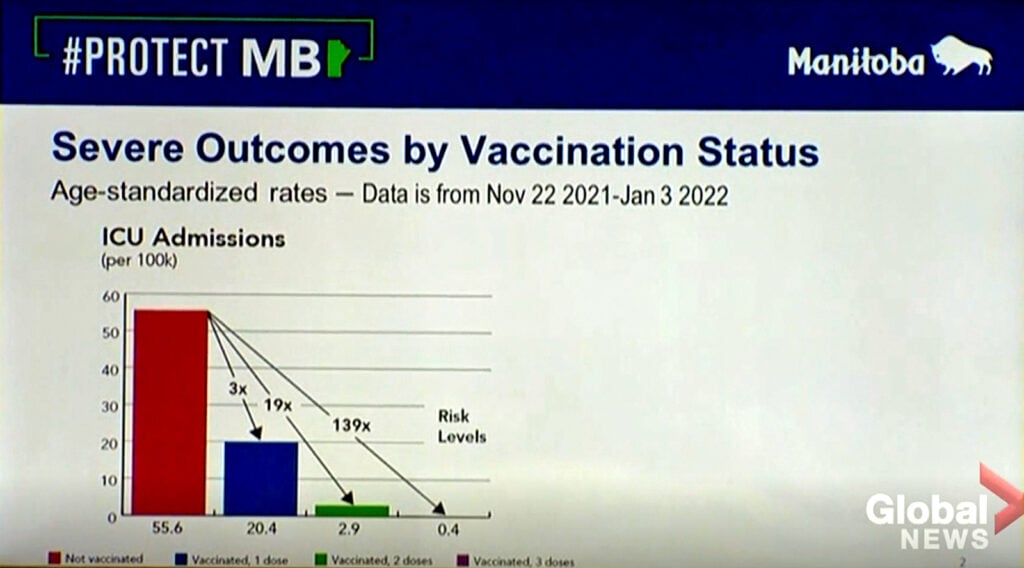
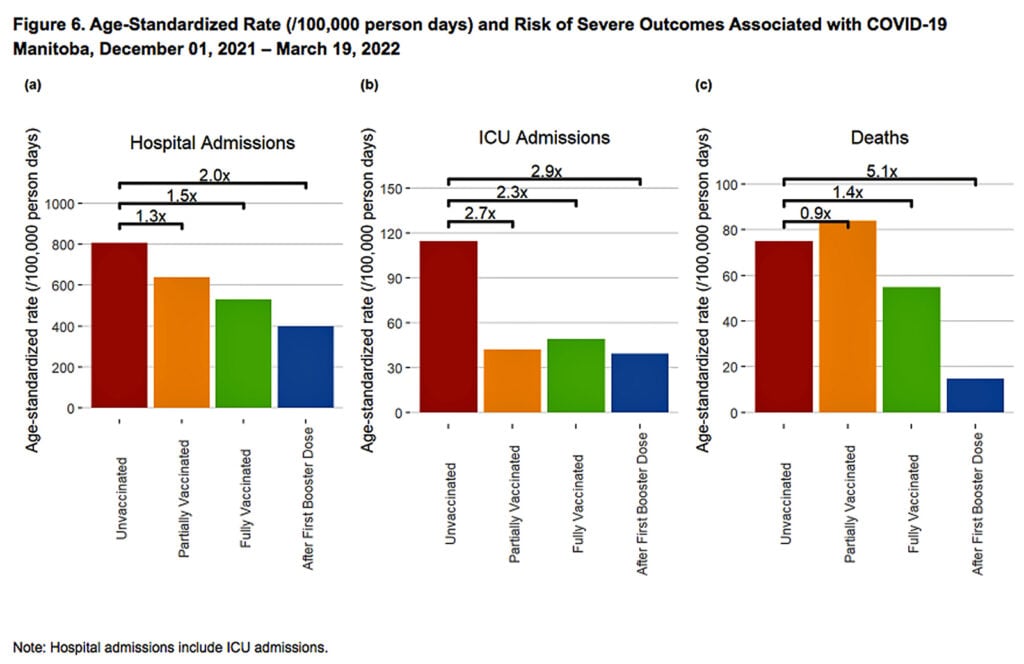







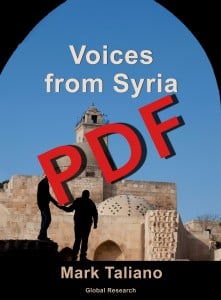
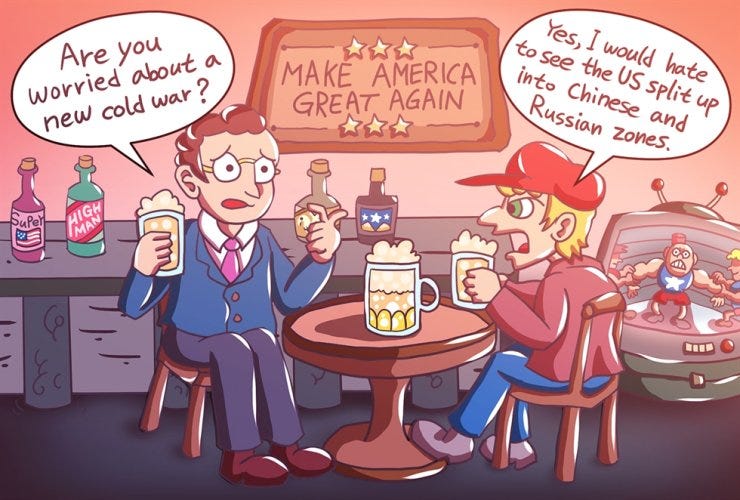
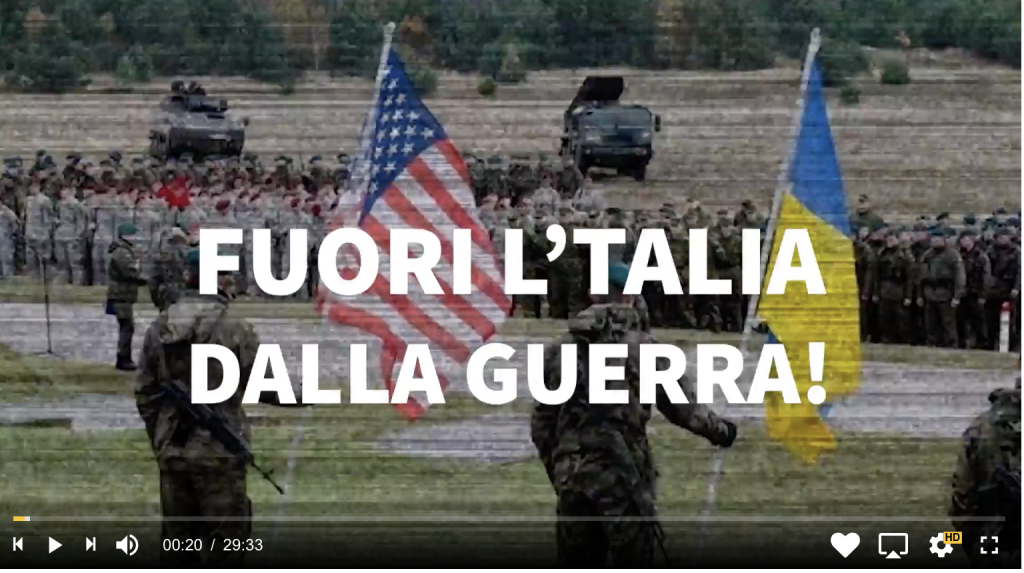
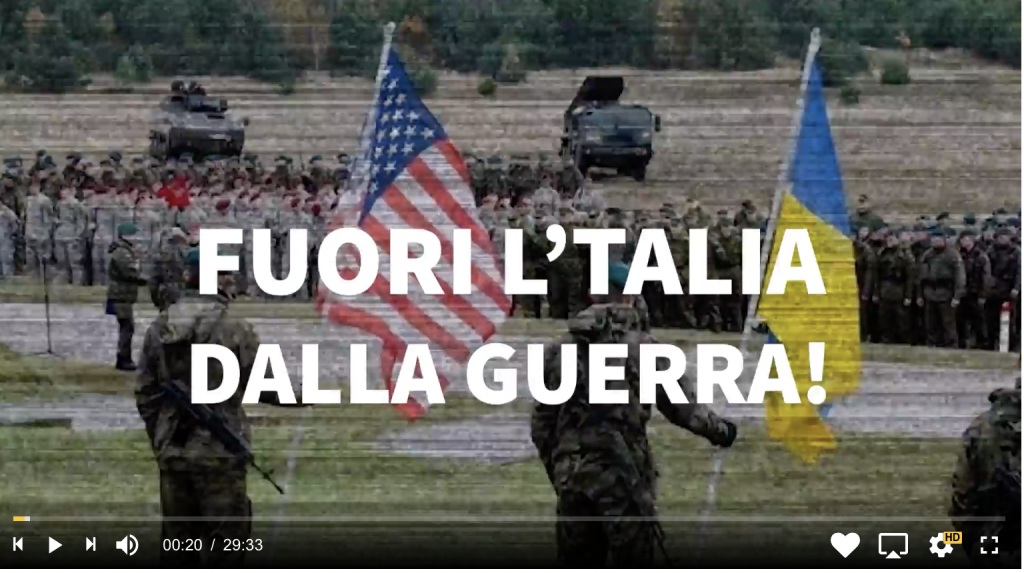






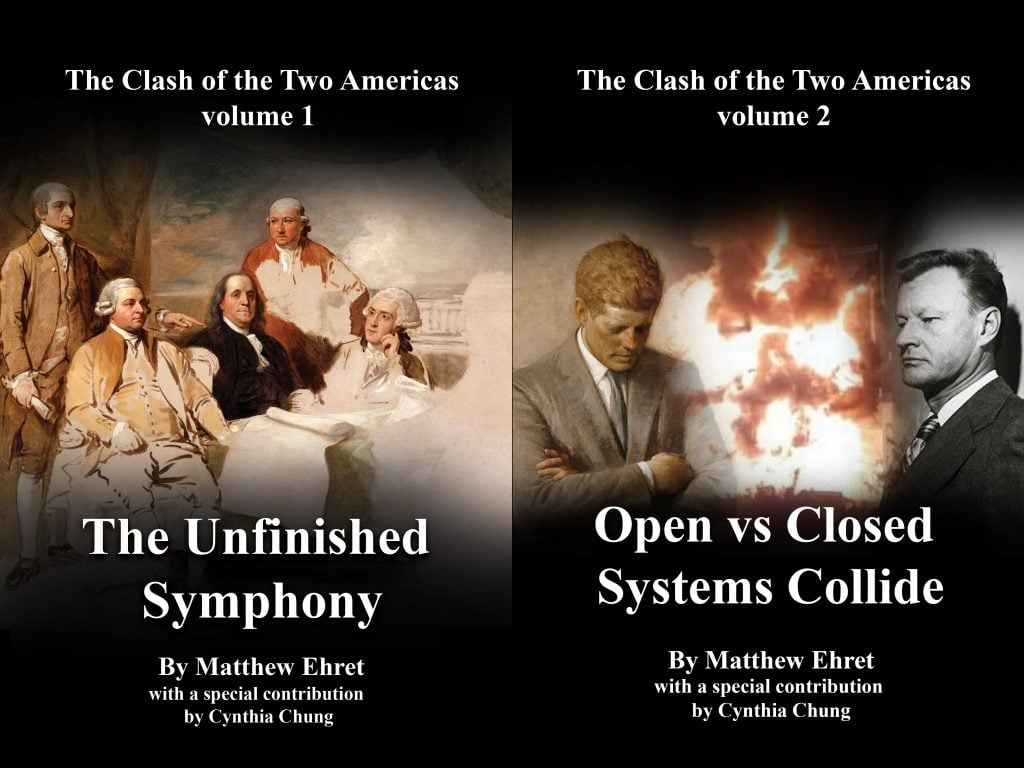




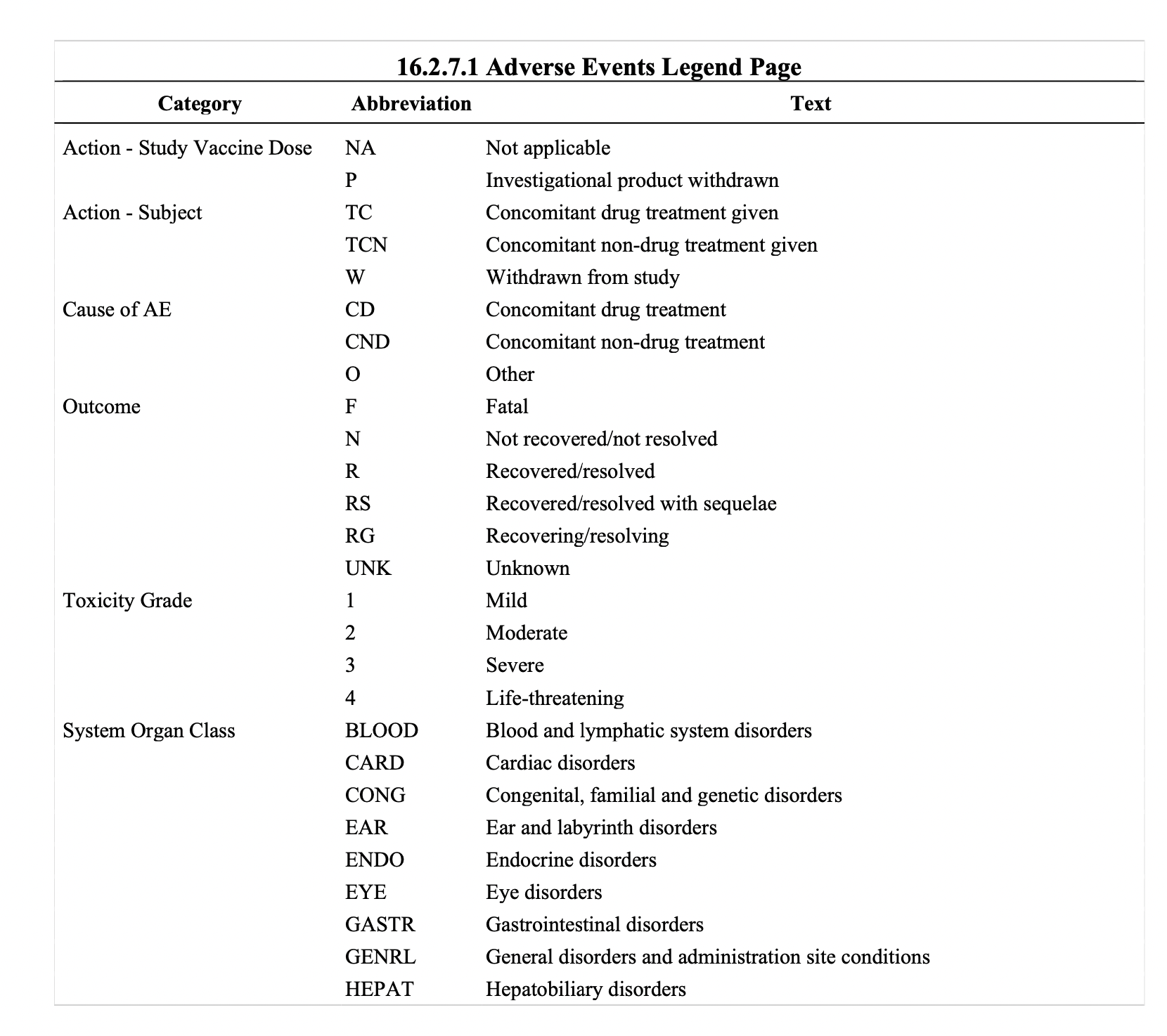


































Earlier this summer, the United Nations convened its Ocean Conference (UNOC) in Lisbon, Portugal. The goal was to “to propel much needed science-based innovative solutions aimed at starting a new chapter of global ocean action.” The world needs a “sustainably managed ocean,” according to the UN’s under-secretary-general for legal affairs, Miguel de Serpa Soares, who hailed the conference as an “enormous success.” If only.
The ocean’s importance cannot be overstated. It is the planet’s largest biosphere, hosting up to 80% of all life on earth. It generates 50% of the oxygen we breathe and absorbs one-quarter of all carbon dioxide emissions, essential for climate and weather regulation. And it is also economically vital, with roughly 120 million people employed in fisheries and related activities, mostly for small-scale enterprises in developing countries.
Yet over the last four decades, the ocean has come under unprecedented pressure, largely owing to the rapid growth of commercial maritime activity. This growth is particularly significant in exclusive economic zones, contiguous areas of territorial water that stretch some 230 miles from country coastlines.
The principle of national sovereignty over EEZs was enshrined in the UN Convention on the Law of the Sea in 1982. In the years that followed, governments sold off vast tracts of ocean territory through state licenses and concessions, effectively handing over management of marine ecosystems to the private sector.
Policymakers apparently reasoned that corporations would have a financial interest in adopting responsible business practices in order to preserve the resources from which they were extracting so much value. Instead, widespread oil and gas exploration, industrial fishing, and frenetic maritime trade have, as UN Special Envoy for the Ocean Peter Thomson recently put it, caused “the ocean’s health” to “spiral into decline.”
Marine acidification and heating reached record levels last year. Only about 13% of the ocean now qualifies as “marine wilderness” (biologically and ecologically intact seascapes that are mostly free of human disturbance). More than one-third of marine mammals, and nearly one-third of reef-forming corals, are now threatened with extinction.
It was against this backdrop that the UNOC was convened to “halt the destruction” of ocean ecosystems. But, despite much lofty rhetoric, all that came of it were vague pronouncements: the UN’s 193 member states reaffirmed their pledge to bolster maritime governance by (among other things) strengthening data collection and promoting finance for nature-based solutions.
In fact, beyond Colombia’s recently announced plans to create four new marine-protected areas, no binding commitments were made. And, tellingly, the deadlock on deep-sea mining was not broken. Whereas many advanced economies, including Japan and South Korea, support the controversial practice, Pacific countries like Palau and Fiji demanded an industry-wide moratorium, citing the lack of environmental data.
The key takeaway from the conference was that the UN remains committed to incremental change, with the private sector firmly in control. This is reflected in an emphasis on “natural capital” solutions, which involve putting a price on nature in order to save it. The neoliberal policymaking that created today’s crisis has undergone an ideological makeover. Where shareholder capitalism failed to ensure self-regulation by private owners, “stakeholder capitalism” supposedly will succeed, because companies will balance the competing interests of investors, workers, communities, and the environment.
It is not hard to see why stakeholder capitalism is so appealing: it gives the impression that we can have our cake and eat it. But, when it comes to the ocean, the cake is already past its expiration date. Given current technological constraints, protecting the ocean from further degradation precludes any additional maritime industrialization.
Why does the UN – or anyone, for that matter – believe that private companies will become responsible stewards of the planet? The rapid degradation of marine ecosystems is not exactly new information, yet corporations have only increased their damaging activities. Realistically, stakeholder capitalism will merely defer difficult decisions about profit maximization in a climate-constrained world to future generations.
Now, the world has an opportunity to embrace a more promising approach to protecting the ocean: the Intergovernmental Conference on Marine Biodiversity of Areas Beyond National Jurisdiction. The meetings, which are resuming in New York this week, are expected to produce a legal framework for governing all marine areas beyond coastal countries’ EEZs.
The high seas comprise 64% of the ocean’s surface area and host the largest reservoirs of biodiversity on Earth. The number of species they support is enormous, with many more expected to be discovered. And they are getting busier – and becoming more threatened – by the day.
Protection of the high seas has long been overseen by a patchwork of international agencies. As a result, just 1.2% of this fragile ecosystem is currently safeguarded against exploitative commercial activity.
As Guy Standing, a professorial research associate at the University of London, recently told me, there is little reason to believe that the conference will do much to “roll back the power of oligopolistic corporations” in non-territorial waters. Instead, it will turn out to be just another opportunity for the UN to peddle the narrative that the profit motive, which is largely responsible for destroying the ocean, can spur the necessary action to save it.
As Standing puts it, if we are going to save our oceans, we must reverse their privatization. That means pushing for binding commitments, effective regulation, and reliable enforcement. Above all, it means recognizing that the ocean’s true value has no price tag.
*
Note to readers: Please click the share buttons above or below. Follow us on Instagram and Twitter and subscribe to our Telegram Channel. Feel free to repost and share widely Global Research articles.
Alexander Kozul-Wright is a researcher for the Third World Network.